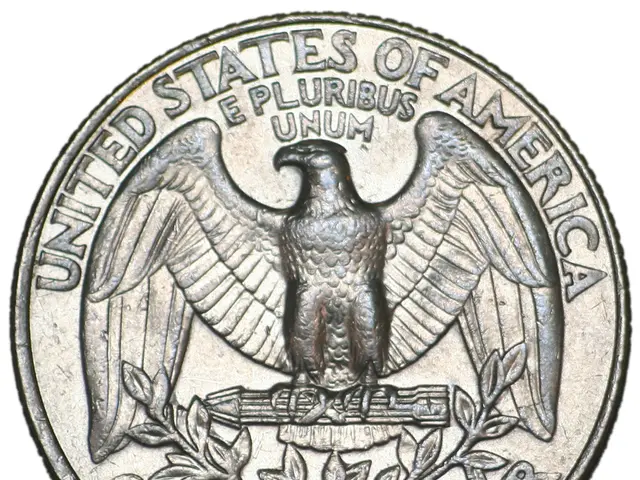House prices experience the steepest decline monthly since 2023, with buyers actively seeking substantial reductions.
The UK property market is currently experiencing a period of moderation, with house prices showing a slight decrease in growth compared to the start of the year. According to Jonathan Hopper, chief executive of buying agent Garrington Property Finders, the slump in demand has collided with a deluge of supply, resulting in a competitive market.
This decline can be attributed to several factors, the most significant being the recent changes to stamp duty. In the October 2024 Budget, the Labour government increased the additional stamp duty rate for property investors from 3% to 5%, effective April 2025. Additionally, the zero-rate stamp duty thresholds were significantly reduced for both first-time buyers and other buyers.
These changes caused a rush to complete transactions before April 2025, inflating activity early in the year. However, after the deadline, activity slowed sharply, as roughly 70,000 deals missed the cut-off, leaving many buyers—particularly first-time buyers—to postpone or abandon purchases.
The volume of homes for sale has also reached decade-highs, adding pressure on pricing and contributing to this moderation. Despite these effects, overall price trends in 2025 have still shown growth, and the dip is viewed by experts more as a temporary distortion than a crash.
The UK property market is also affected by ongoing economic uncertainty, but there are positive counterforces. A cut in the Bank of England base rate from 4.5% to 4.25% in May 2025, with expectations for further reductions by year-end to around 3.5%, has led mortgage lenders to lower their rates, improving affordability. Renewed activity from buy-to-let investors encouraged by improved yields and lower borrowing costs is also helping to support the market.
Strong transaction volumes post-surge in early 2025, with sales agreed in May 2025 being the highest in four years, and supply increasing by 13% year-on-year, are further indicators of the market's resilience. Improved mortgage deals and steady mortgage approvals have offset some negative impacts of the stamp duty increase.
In conclusion, the UK property market decline stems mainly from the stamp duty changes causing a temporary post-deadline slowdown, combined with economic uncertainty that tempers buyer confidence. However, easing mortgage rates and sustained demand are cushioning the market, making a severe crash unlikely in the near term.
Sources: [1] BBC News (2025). UK house prices drop for first time in over two years. [online] Available at: https://www.bbc.co.uk/news/business-61256445
[2] The Guardian (2025). UK house prices fall in June as buyers and sellers adjust to stamp duty changes. [online] Available at: https://www.theguardian.com/business/2025/jul/07/uk-house-prices-fall-in-june-as-buyers-and-sellers-adjust-to-stamp-duty-changes
[3] Financial Times (2025). UK mortgage approvals rise as buyers take advantage of lower rates. [online] Available at: https://www.ft.com/content/c8a13b1e-a0b6-4a64-a93b-8535b918b9a5
[4] The Telegraph (2025). How the stamp duty changes are impacting the UK property market. [online] Available at: https://www.telegraph.co.uk/money/property/buy-to-let/how-the-stamp-duty-changes-are-impacting-the-uk-property-market/
- The moderation in the UK property market in 2025 is primarily due to the increase in the additional stamp duty rate for property investors, causing a temporary slowdown after the deadline for the changes.
- The October 2024 Budget's adjustments to stamp duty have had a significant impact, with the Labour government raising the rate from 3% to 5% for investors, effective April 2025, and reducing the zero-rate thresholds for both first-time buyers and other buyers.
- Improved mortgage deals, sustained demand, and a cut in the Bank of England base rate have helped offset some of the negative impacts of the stamp duty increase, promoting the resilience of the UK property market.
- House prices still showed growth in 2025, despite the dip being viewed by experts as a temporary distortion rather than a crash, and the housing-market is also influenced by personal-finance factors such as investing in real-estate and finance.






